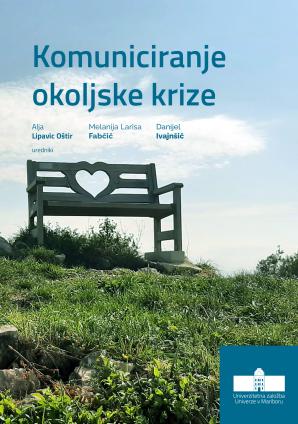Komuniciranje samooskrbe z izkustvenim učenjem na primeru Učnega poligona za samooskrbo Dole
Synopsis
Self-sufficiency is a key factor in reducing poverty and promoting sustainability; however, the lack of adequate education and practical knowledge in less developed communities hinders its wider adoption. Understanding the benefits of self-sufficiency, such as independence, security, and better health, motivates individuals to make changes leading to more resilient communities. To increase the acceptance of the concept of self-sufficiency, accessible education is essential. This includes developing practical skills and self-confidence in individuals and creating opportunities for employment in local sectors. Effective communication of the value of self-sufficiency at both the individual and community level is also important, with workshops, media, and real-life examples playing a significant role. In over 15 years of workshops and practical work, we have gained insights into the most popular methods of self-sufficiency adopted by trainees, which are now spreading across borders. Awareness about self-sufficiency through education thus also means spreading a culture of self-sufficiency. Individuals acquire skills that enable them to become more economically independent, which reduces poverty and promotes sustainable development. Self-sufficiency is becoming a fundamental strategy for building community resilience and sustainability. However, the success of its implementation depends on the availability of educational resources and the effectiveness of communication.







